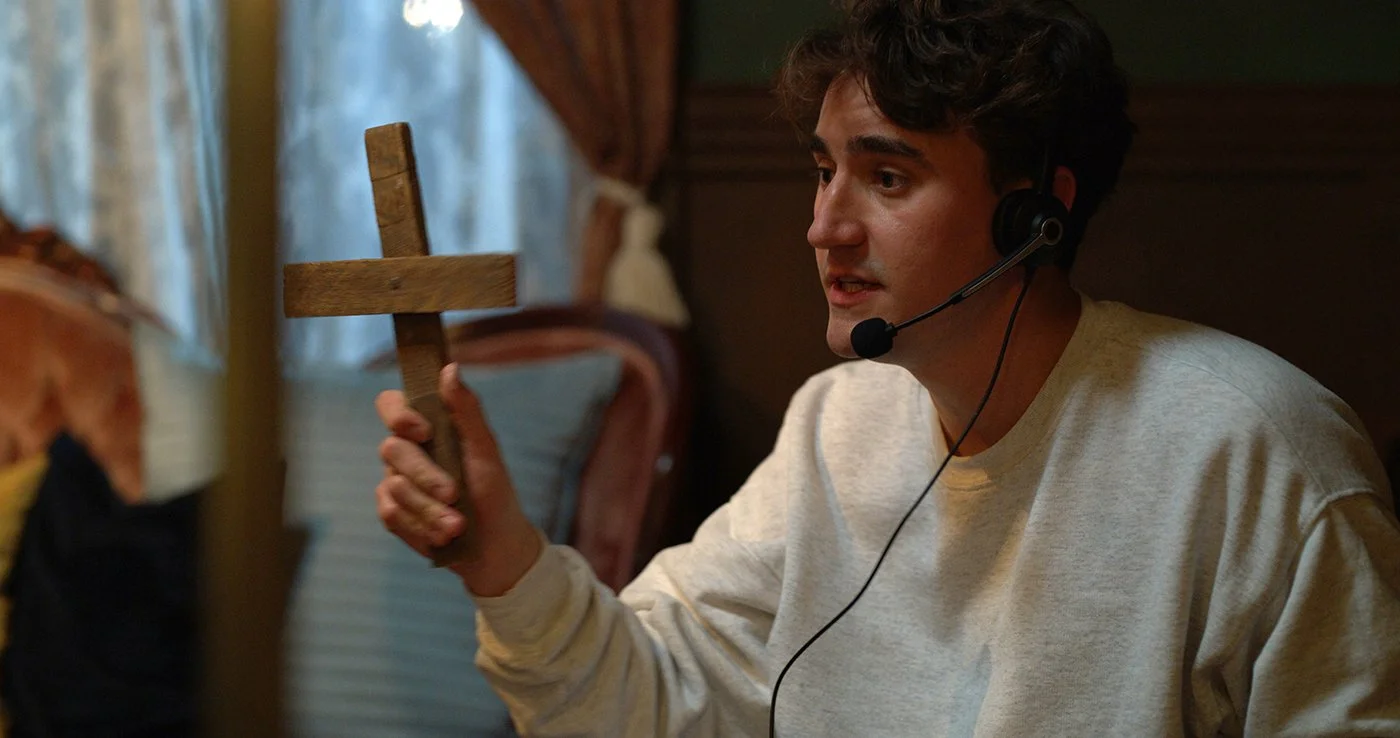'Worked to Death: Anti-Capitalism in Contemporary American Horror Cinema,’ brought to you by The Miskatonic Institute of Horror Studies
Doors: 7pm
Semester pass available here
In the years following the financial crisis of 2007-08 and the subsequent Great Recession, American horror cinema has become increasingly concerned with the horrors of capitalism – or, in other words, the gnawing anxieties that really keep us awake at night: the unaffordable cost of living, unpaid bills, rising rents, workplace exploitation and, ultimately, the ever-looming threat of unemployment, homelessness and financial destitution. This began with a wave of ‘recessionary’ horror films produced by the most severe economic downturn since the Great Depression; the late 2000s and early 2010s saw a wave of mainstream horror focused on prosperous middle-class families who are attacked by forces that threaten to destroy everything that they have worked for. But even as the recession came to an end, horror films concerned with the widespread economic suffering endemic to the United States only continued to proliferate.
This talk will explore the rise of anti-capitalist horror cinema in the years after the Great Recession, and particularly a body of independent American horror films that have shifted their focus away from the middleclass protagonists of more mainstream ‘recessionary’ horror movies and towards the working-class experience of everyday capitalism. As it has become painfully apparent that America refuses to learn from its mistakes and take action to reduce economic inequality in a nation home to over 700 billionaires, independent American horror cinema has become a site for exploring the material reality of capitalism for millions of ordinary workers; these films tell us that the new ‘American Nightmare’ is a nation in which profits mean more than people.
Tracing the development of anti-capitalist horror from 2008 into the 2020s, the talk will show that these themes have become increasingly palpable and explicit over the last fifteen years, first exploring how enduring horror sub-genres – the home-invasion film, the haunted house movie, the vampire picture or the satanic cult narrative – have been retooled as metaphorical vehicles for anti-capitalist messaging. It will then discuss newer forms of horror that have emerged in the last decade, including ‘corporate’ horror movies and films focused on violent and humiliating ‘poverty games,’ that have brought both working-class perspectives and anti-elite sentiments to the textual forefront of contemporary American horror cinema.
Class Breakdown
The talk will begin by outlining the context of the financial crisis, the Great Recession and existing work on ‘recessionary’ horror cinema (e.g. The Strangers, Insidious)
It will then discuss a shift away from ‘recessionary’ horror towards ‘anti-capitalist’ horror, and will argue that this shift has occurred specifically in independent horror production
It will then explore existing sub-genres that have been reworked by independent filmmakers as vehicles for anti-capitalist narratives, e.g. a focus on renters and workers in haunted house films
Finally, it will analyse ‘new’ horror sub-genres that have emerged in the last decade, with a particular concentration on horror films that take place in corporate settings
Case Studies
This talk will briefly discuss several horror sub-genres and their connection to anti-capitalist themes but will largely focus on two for in-depth discussion: the haunted house movie and the corporate horror film. Case studies used to explore haunted house films will include The Innkeepers (2011), The Selling (2011), A Ghost Waits (2020) and Sorry About the Demon (2022). Case studies used to explore corporate horror will include Bloodsucking Bastards (2015), The Belko Experiment (2016), Mayhem (2017), Office Uprising (2018), Corporate Animals (2019) and Keeping Company (2021).
Presented by Craig Ian Mann of Sheffield Hallam University


